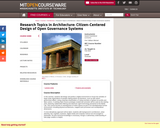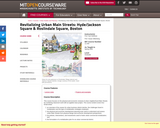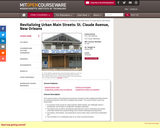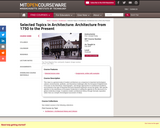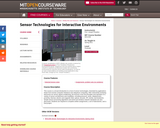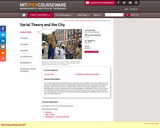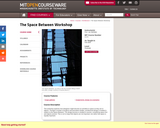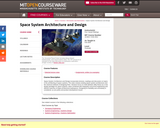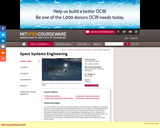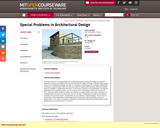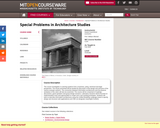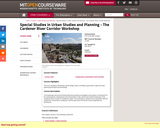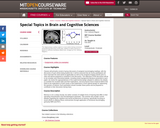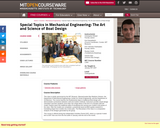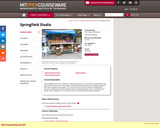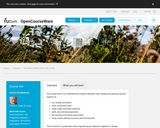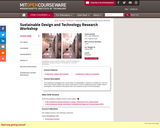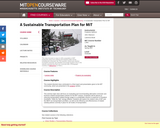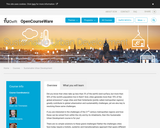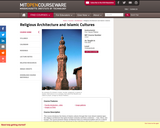
Introduces the history of Islamic cultures through their most vibrant material signs: the religious architecture that spans fourteen centuries and three continents -- Asia, Africa, and Europe. Studies a number of representative examples from the House of the Prophet to the present in conjunction with their social, political, and intellectual environments. Presents Islamic architecture both as a full-fledged historical tradition and as a dynamic and interactive cultural catalyst that influenced and was influenced by the civilizations with which it came in contact.
- Subject:
- Applied Science
- Architecture and Design
- Arts and Humanities
- Religious Studies
- Material Type:
- Full Course
- Provider:
- M.I.T.
- Provider Set:
- M.I.T. OpenCourseWare
- Author:
- Rabbat, Nasser O.
- Date Added:
- 01/01/2002
